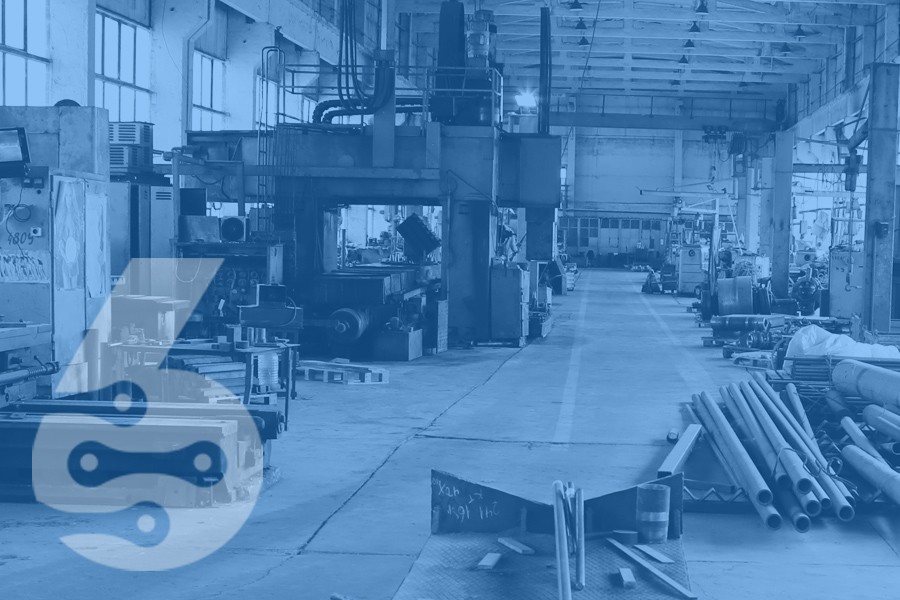Just-in-time (JIT) is a production philosophy that calls for creating goods only as needed. The goal of JIT is to minimize inventory costs by reducing the amount of time that goods spend sitting on shelves or in warehouses.
JIT production relies on a smooth and efficient supply chain that can deliver materials and components on an as-needed basis. This requires close coordination between suppliers and manufacturers and careful planning to ensure that the necessary resources are available when needed.
The benefits of JIT include lower inventory costs, reduced waste, and improved quality control. JIT can also lead to faster turnaround and shorter lead times, which can be a significant competitive advantage.
However, JIT production can be disrupted by delays in the supply chain, changes in customer demand, and other unexpected events. As a result, JIT-based businesses must carefully manage their operations to avoid disruptions.

Related Blog Articles

Implementing ERPs in manufacturing companies - Tips and Considerations
Are you considering implementing an ERP in your manufacturing company? It's a big decision, and there's much to consider. But don't worry - we're here to help. This blog post will share tips and tricks for making the most of your ERP implementation. Whether you're just starting or you've been working with ERPs for years, we hope you'll find these tips helpful. So let's get started!
Managing the Manufacturing Process in ERPs
Enterprise Resource Planning (ERP) systems are integrated software solutions that help businesses manage the vital components of their operations, including product development, Manufacturing, supply chain, shipping and logistics, customer relationship management (CRM), and finance. An ERP system consolidates all of these business functions into a single, comprehensive software solution that can be accessed by authorized users from anywhere in the organization. This centralized access to information and data allows businesses to...
Smart Factories for Smart Snacks: How SIX ERP Transforms Food Production
As the CEO and mastermind behind our ERP implementations, I’ve seen firsthand how manufacturing is evolving. It’s no longer just about efficiency - it’s about intelligence, adaptability, and staying ahead of the curve. At SIX ERP, we don’t just implement software; we engineer smart, scalable solutions that transform production lines into data-driven, automated ecosystems.One of our most exciting challenges? Equipping a new potato chips factory with a fully automated, sensor-driven...Related SIX ERP Solutions:
Related SIX ERP Features:
Want to see SIX for yourself?
Need help, have questions or want to get a free demo?
Please read our Privacy Policy on how we process personal data. We will never share your data!



